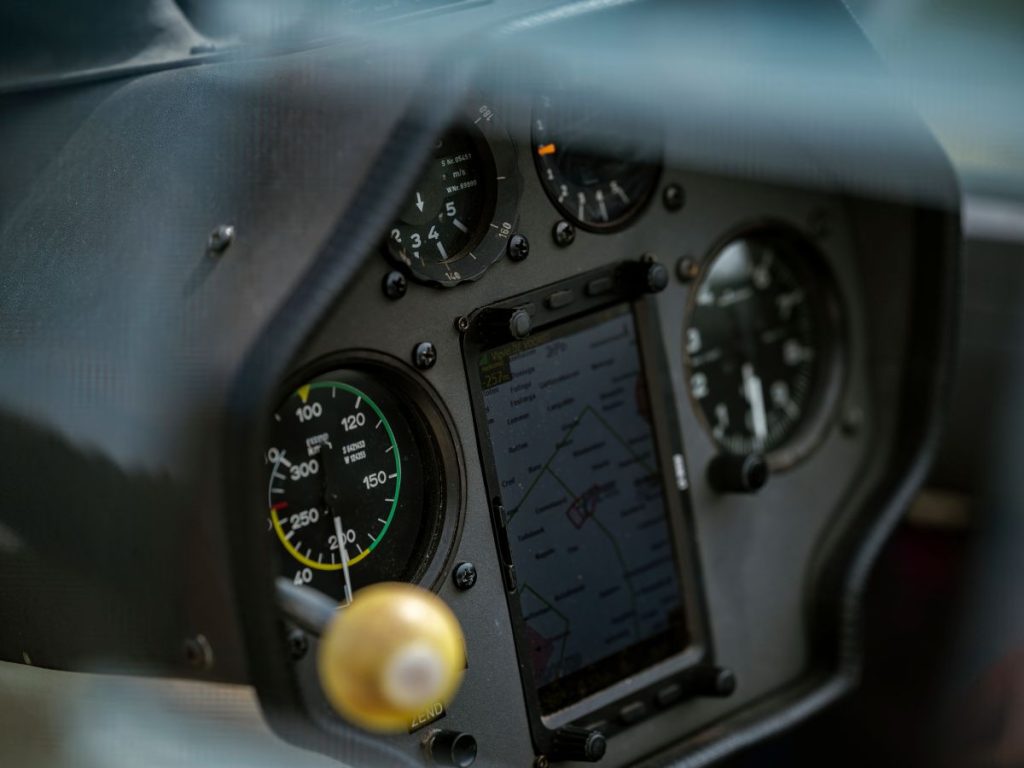
In May 2025, European ministers confirmed a rise in GPS jamming in the Black and Baltic Sea areas, attributing it to Russia and Belarus, after an incident led Ursula von der Leyen’s plane to circle before landing in Bulgaria.
The GPS signal jamming threat is no longer limited to isolated events, where such attacks now occur on a daily basis for aircraft operating in Eastern Europe.
Experts and authorities point to the increasing disruptions as being not accidental, but part of a big effort to integrate technology and geopolitical pressure.
Jamming GPS and Communication Technology Impact State Sovereignty
These disturbances happen mainly in two ways:
- GPS interference, or satellite blocking
- second spoofing, or misleading equipment with false location data
Both are already being observed on record quantities in Estonia, Lithuania, Poland, and other frontline EU nations.
“GPS spoofing is more manipulative. It involves injecting false signals to give the receiver misleading information, whether navigation information or position information,” said Tegg Westbrook, Associate Professor at the University of Stavanger.
The strategy is part of broader cyber and electronic warfare, which includes jamming civilian tools like navigation and internet infrastructure without launching a direct attack.
“Russia has jamming bases in Kaliningrad, along Russia’s borders with the Baltic states,” David Stupples, Professor of Electronic and Radio Engineering told Euronews.
EU officials further indicated that the GPS loss of signal on von der Leyen’s plane compelled pilots to use analogue maps after circling for an hour above Bulgaria. The same problem has occurred to planes carrying UK and German defense officials.
EU Defense Against Jamming
To minimize the risks against these dangers, airplanes can employ electronic warfare equipment such as radar and inertial navigation. But even these are stretched during bad weather or heavy traffic. With GPS signal loss, pressure is building up on air traffic controllers and pilots to prevent accidents.
As a result to GPS spoofing incidents, countries like Poland are investing in electronic technology ranging from hardened navigation gear to jam zone monitoring. The EU’s Galileo satellite network began deploying anti-spoofing upgrades this year.
During that, the International Civil Aviation Organization (ICAO) requested Russia to justify the disruption within 30 days or be officially warned for breaking aviation law. The International Telecommunication Union also instructed Moscow to discontinue the employment of GPS signal jammer technology that affects civilian aircraft.
Brussels as well has imposed sanctions on firms linked with GPS signal blocker systems believed to be in use along the western border of Russia. But enforcement in isolation won’t solve the issue.
Wider War Beyond the Battlefield
GPS jamming is a sign of a new type of security, where technology is armed not with missiles, but signals. Blended strategy targets trust in everyday systems, from airports to shipping routes, in a way that can immobilize a nation without firing a bullet.
With the skies being crowded with unseen danger, Europe must weigh navigation and signal security as crucial infrastructure. Electronic warfare solutions are no longer a choice, they’re a requirement.
Ultimately, it requires political unity to discourage these attacks, where a single crash caused by tampering with signals could make electronic interference a diplomatic crisis.
Sovereignty defense today involves aviation defense not just from aircraft, but from silence, still, and signal loss.
Inside Telecom provides you with an extensive list of content covering all aspects of the tech industry. Keep an eye on our Cybersecurity sections to stay informed and up-to-date with our daily articles.